Microsoft Flight Simulator lead on PC cloud power, Xbox One debut, mods and updates
Microsoft Flight Simulator takes cloud-powered gaming to new heights, marking a promising return to the genre.
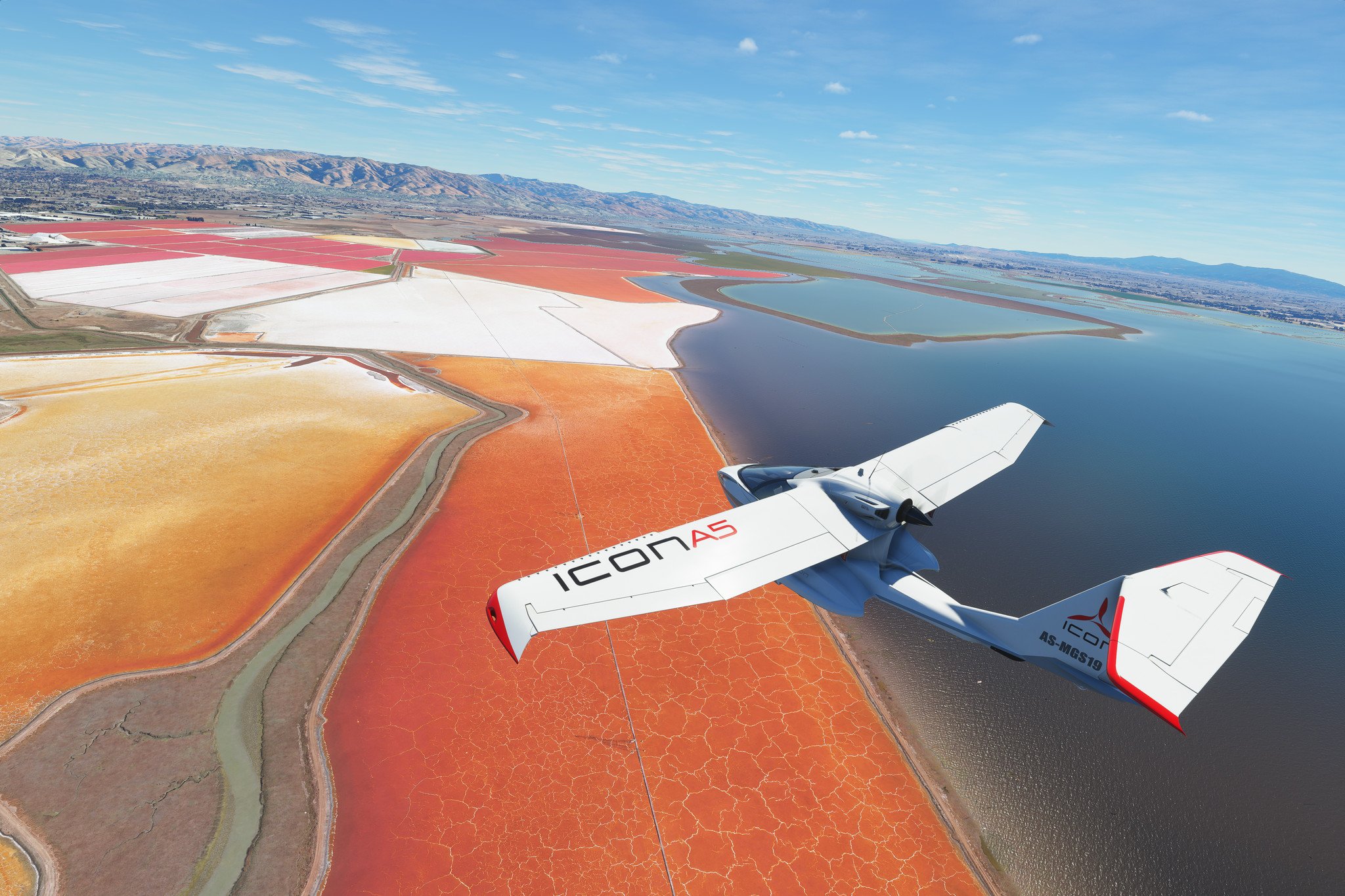
All the latest news, reviews, and guides for Windows and Xbox diehards.
You are now subscribed
Your newsletter sign-up was successful
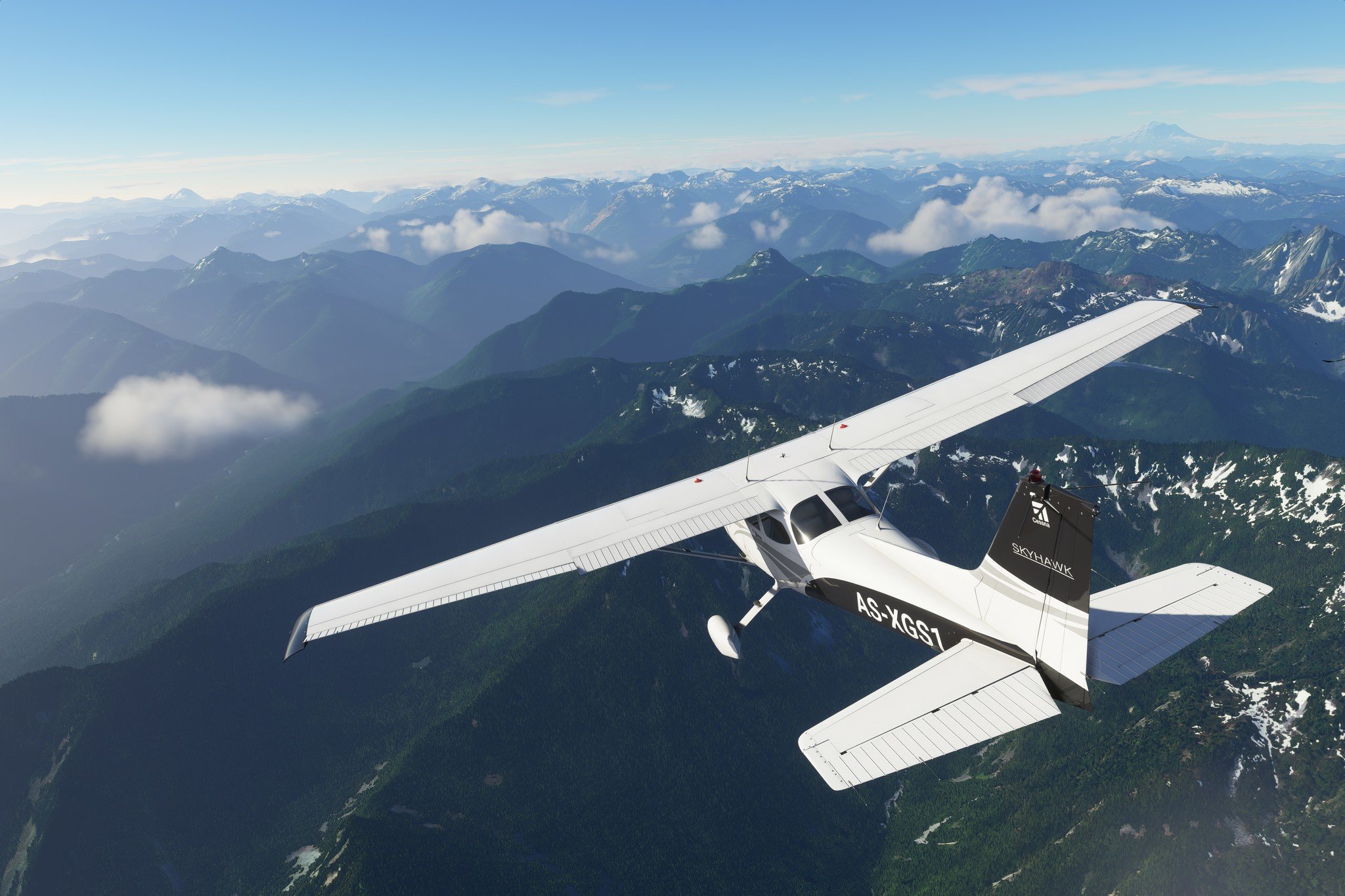
Microsoft Flight Simulator is set to return in 2020, leveraging the cloud to deliver a mind-blowing globetrotting backdrop. Serving a hefty two petabytes of Bing Maps satellite data via artificial intelligence (AI) and Azure streaming, it's an ambitious digital mirror of our world. Microsoft's last mainline entry was over one decade ago but with a few hours inside the cockpit, it already promises a generational leap for the genre. We sat down with Jorg Neumann, head of Microsoft Flight Simulator, to discuss the project so far, and what comes next.
How Microsoft Flight Simulator saw its unexpected return
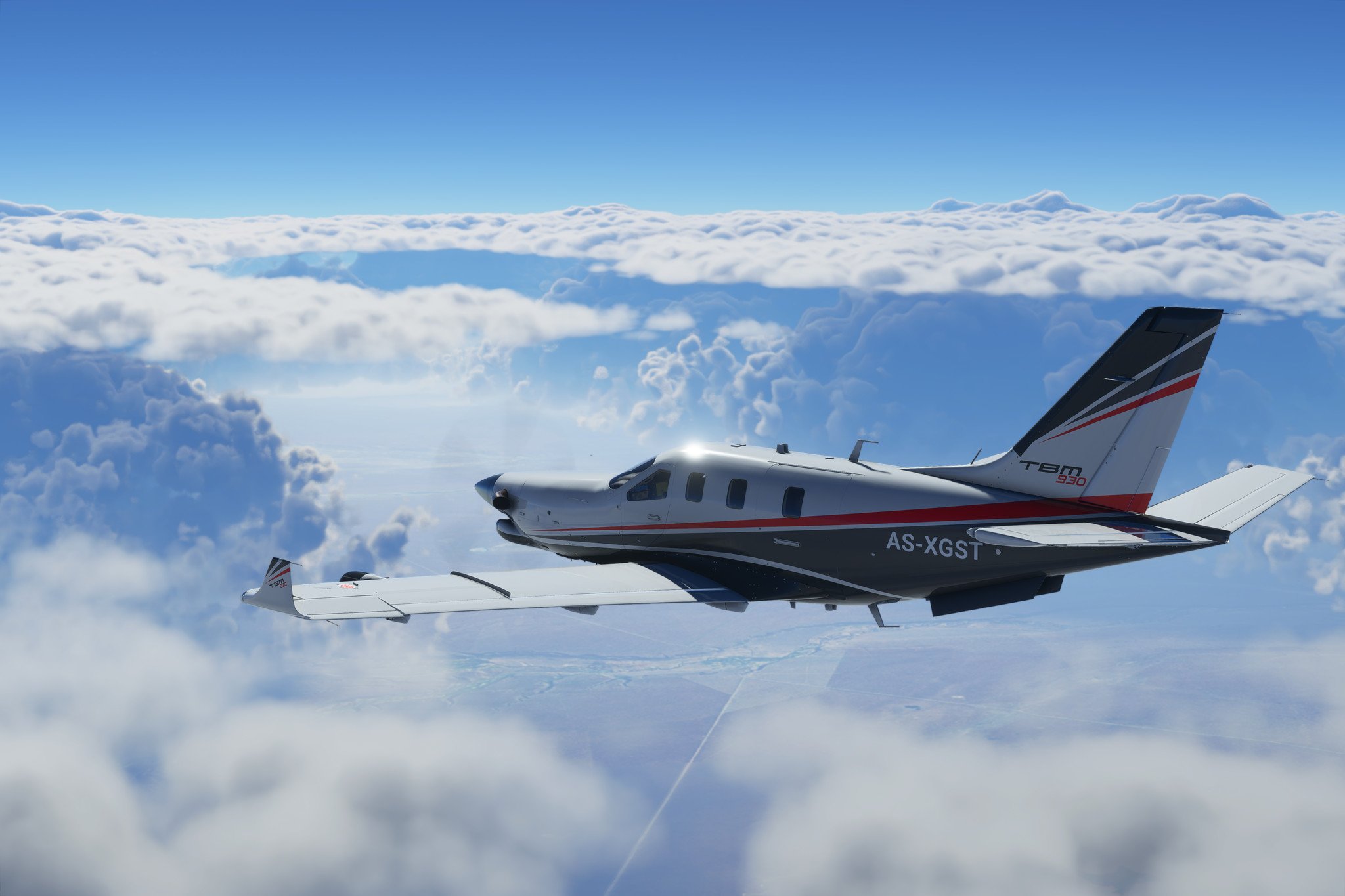
Debuting the latest Flight Simulator entry to press in Washington, Neumann was keen to stress the franchise's storied past, easily among Microsoft's oldest properties to date. Decades before perceived "classics" like Age of Empires and Halo, even predating Windows and Office, it overcame challenges of early hardware in a forming era for gaming. "I think there's a convergence that was needed. You can iterate but Flight Simulator X was 13 years ago," said Neumann. "When I looked at this space in 2015 there was nothing really to build on. The one thing that was clear, what I would say, was a third-party ecosystem that has been thriving, and that people did some cool, innovative stuff. But the platforms hadn't really evolved."
"If you really want to go back into a space, you have to have something to say."
The latest shows clear evolution, following more than a decade-long hiatus once it drops next year. It's an unexpected addition to Microsoft's modern portfolio, tailing a surprise E3 2019 unveiling. "If you really want to go back into a space, you have to have something to say. So it was all about can we take this forward? What are the things that would take it forward?"
Heading up the latest Flight Simulator efforts, Jorg Neumann comes from years inside Microsoft's publishing team. Central to production on past Xbox exclusives and Kinect experiences, he also saw time with HoloLens ahead of its 2015 debut. HoloTour was among the most impactful, serving up 3D tours from Italy to Peru, with the aid of video and photogrammetry. "I was standing there in Machu Picchu. I'm like, wow, can we do this worldwide? And I think that started the belief that we have something to say. Make the world new." Asobo Studio, the Bordeaux-based team key to the initial HoloLens demo, has since partnered with Microsoft on Flight Simulator 2020 development.
More: Flight Simulator returns as a mind-blowing next-generation showcase
The scale of Flight Simulator 2020 is an undertaking only viable among the biggest names in tech. Microsoft is one the few aligned to support the reliance on the cloud, AI, and a ton of data processing, while still supporting its gaming presence. Microsoft's Azure empire has taken center stage under CEO Satya Nadella, with recent FY19 Q4 earnings highlighting continued intelligent cloud growth by 19 percent to $11.4 billion. It's the breadwinner for modern Microsoft, and Flight Simulator pitches a promising spin outside of enterprise.
"I think that the tech story for Microsoft, between Azure and Bing and streaming down the road, it's great, all that stuff," said Neumann. "The other thing I really like is that Satya says, be customer-obsessed. We talked about this a lot internally. Care about your customer, understand what they want. And the beautiful thing here is, this is a series that has been around for 37 years. Some fans are, from the first day, still playing. They know exactly what they want, exactly."
All the latest news, reviews, and guides for Windows and Xbox diehards.

The new Flight Simulator tails a streak of high-profile acquisitions from Redmond, over doubling its Xbox Game Studios teams in one year. The growing portfolio has created a diverse pool of talent across genres, recently welcoming Double Fine Productions in June. While ultimately contributing to Xbox Game Pass offerings, the growth already demonstrates benefits through collaboration.
"You know, I think we do share. We actually have a fairly recent system of conferences of subject matter experts from the various studios getting together and sharing thoughts, ideas, and innovations. We benefit, like Rare did an amazing job with water for example in Sea of Thieves, it's really great. So they made that available to us, I actually can't tell you if that's still in here or not, but we tried."
In the case of Flight Simulator, advantages also extend beyond gaming, into Microsoft's suite of services. "We're giving back to Bing, for example. We have algorithms for cloud removal and color correction of satellite images, tree masks around the planet. They're like, 'That's cool, can we have that?' Sure, why not? We're one company. Why wouldn't we share?"
Bringing Flight Simulator to Xbox One, Xbox Game Pass
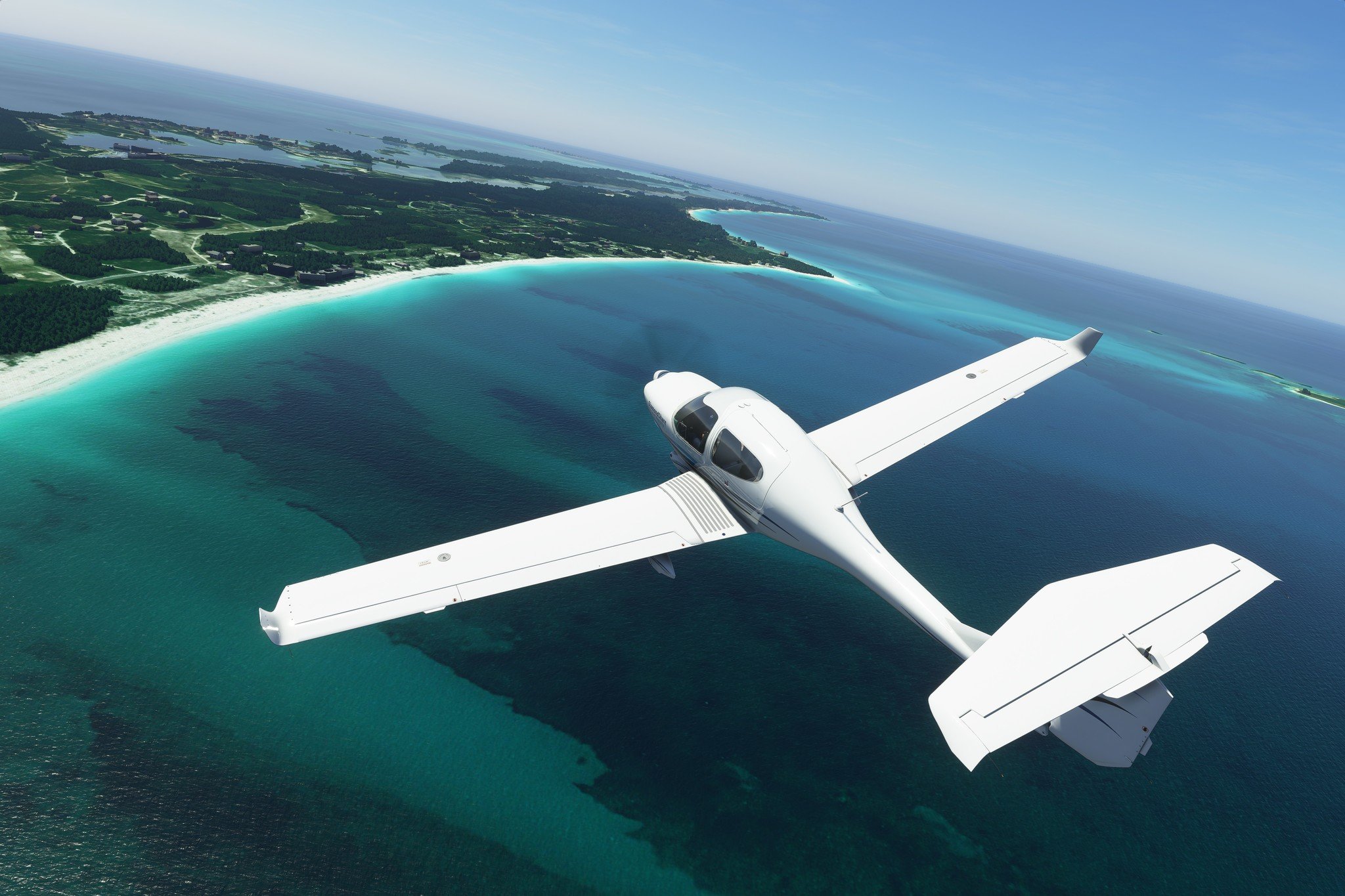
Microsoft Flight Simulator has carved a diehard PC following over the decades, with Flight Simulator X still drawing enthusiasts. Beyond desktop origins, the granular nature of setups provides the flexibility demanded by simulation fans. It's among the few Microsoft titles with a true core PC following, making its upcoming Xbox One expansion especially notable. However, Microsoft Flight Simulator will still hit PC ahead of the Xbox family, as Neumann expanded on.
"That's where the simmers are. It's simple. There's a level of authenticity that we need to bring to the table. They can look at us and say 'You left us 10 years ago, and you guys are bad.' I'm like 'I'm sorry, I'm sorry. I wasn't there. I'm sorry.' And then Asobo, they've never made a sim before. Yeah, true. We'll have to prove it to them that we're the legit ticket. And that's why we're doing extensive alphas and betas and give people the opportunity to give us feedback. But it needs to be there, it seemed obvious to us."
"[Xbox Game Pass is] a funnel to bring people in at a much lower friction point."
With its Xbox One debut, controller inputs are an overhanging uncertainty, as seen by many titles looking to migrate PC success to console. Whether sophisticated simulation gear or mouse and keyboard, both provide a level of complexity demanded by Flight Simulator's vast systems. But a majority of Xbox One owners use the included gamepad, naturally introducing hurdles when condensed to a dozen buttons and two thumbsticks. "Right now, you can actually enjoy the sim with a gamepad. Does it allow you to do everything that a hardcore simmer wants to do? You can actually, because when you look at the button combinations, you can actually get like, 160 out of it."
"But it's not what they want," said Neumann. "For somebody who really just wants to fly a simpler plane, take a Cessna or Piper, and fly around the world and enjoy it, you can do it very easily with a gamepad." However, Microsoft still looks to bring the choice of PC to console. Flight Simulator 2020 will join the expanding line of Xbox One games with mouse and keyboard support, while also alluding to investments beyond existing standards. "Some people will want a mouse and keyboard, and some people absolutely will want to have all the peripherals. This is just a process. At some point, you can bring peripherals to new platforms that haven't been done ever. There's no difference for the Xbox, at some point in the future, we will support a lot of things."
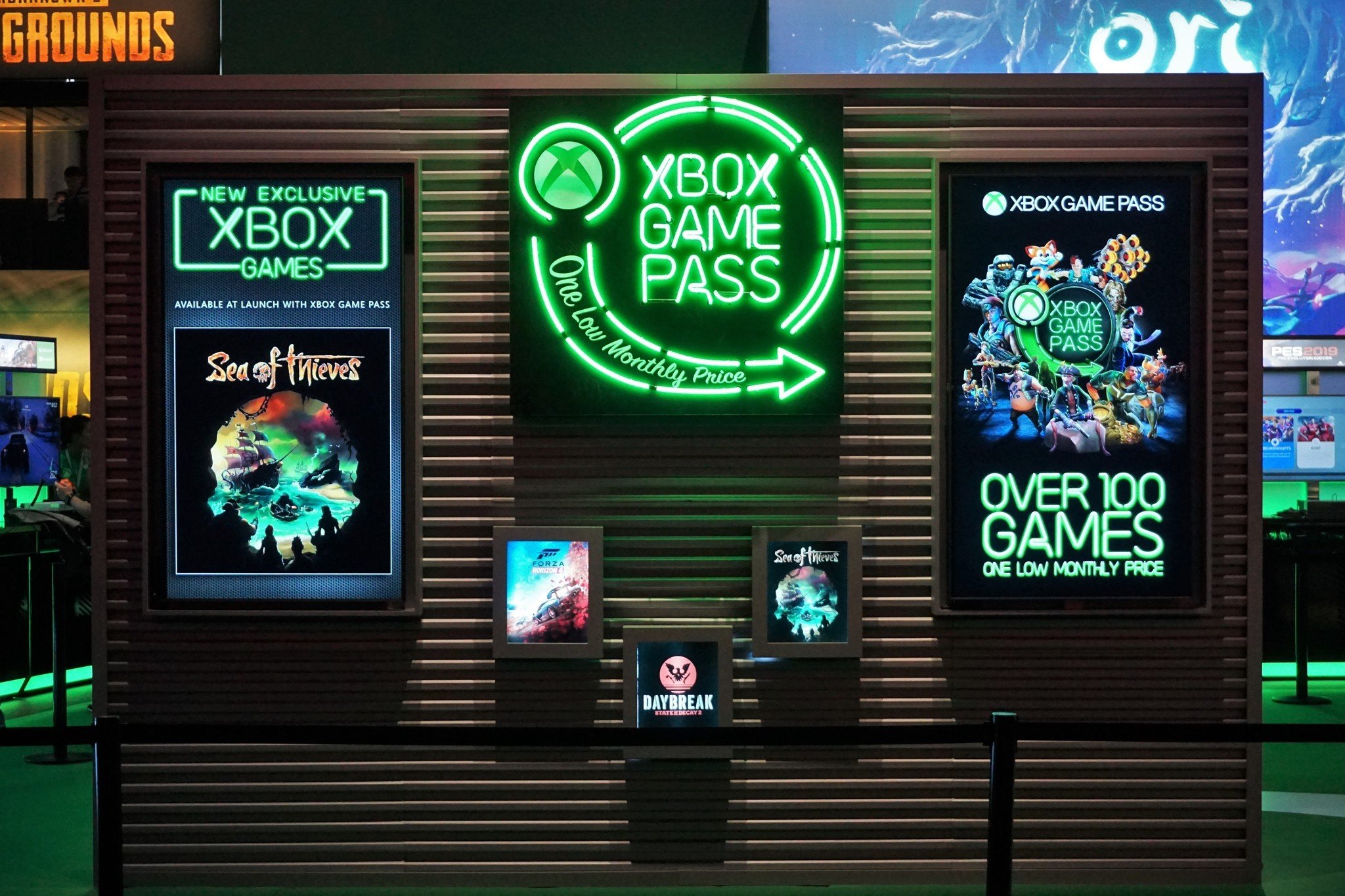
Flight Simulator most recent experiment came via Microsoft Flight, a lightweight free-to-play experience pushing accessibility, but comprising depth. Don't fret, Microsoft is going all-in for realism, but still looks to capture its broader Xbox platform. Xbox Game Pass, the Netflix-style service for Xbox One and PC games, plays a critical role with its library of titles under a flat monthly fee. "It's a funnel to bring people in at a much lower friction point, which I think is good. And then it's our job to make them feel comfortable and make them feel at home. And do I expect all of them to stay? No. Do I expect some of them, or hope some of them will stay? I think so."
"I think it's awesome. I'm excited. I've been subscribing to this since it launched. I have plenty of money to buy games, [but] I find myself trying things that I would have never tried, which is great. So I believe a lot of people will say, I heard about this, this is cool. I've never played a flight sim ever, and I would have never bought one. But I tried it, and it's fun. Or the world's beautiful, or I checked out my house, then I flew to my vacation spot, and then I checked my parent's house."
The modern take on Flight Simulator mods and updates
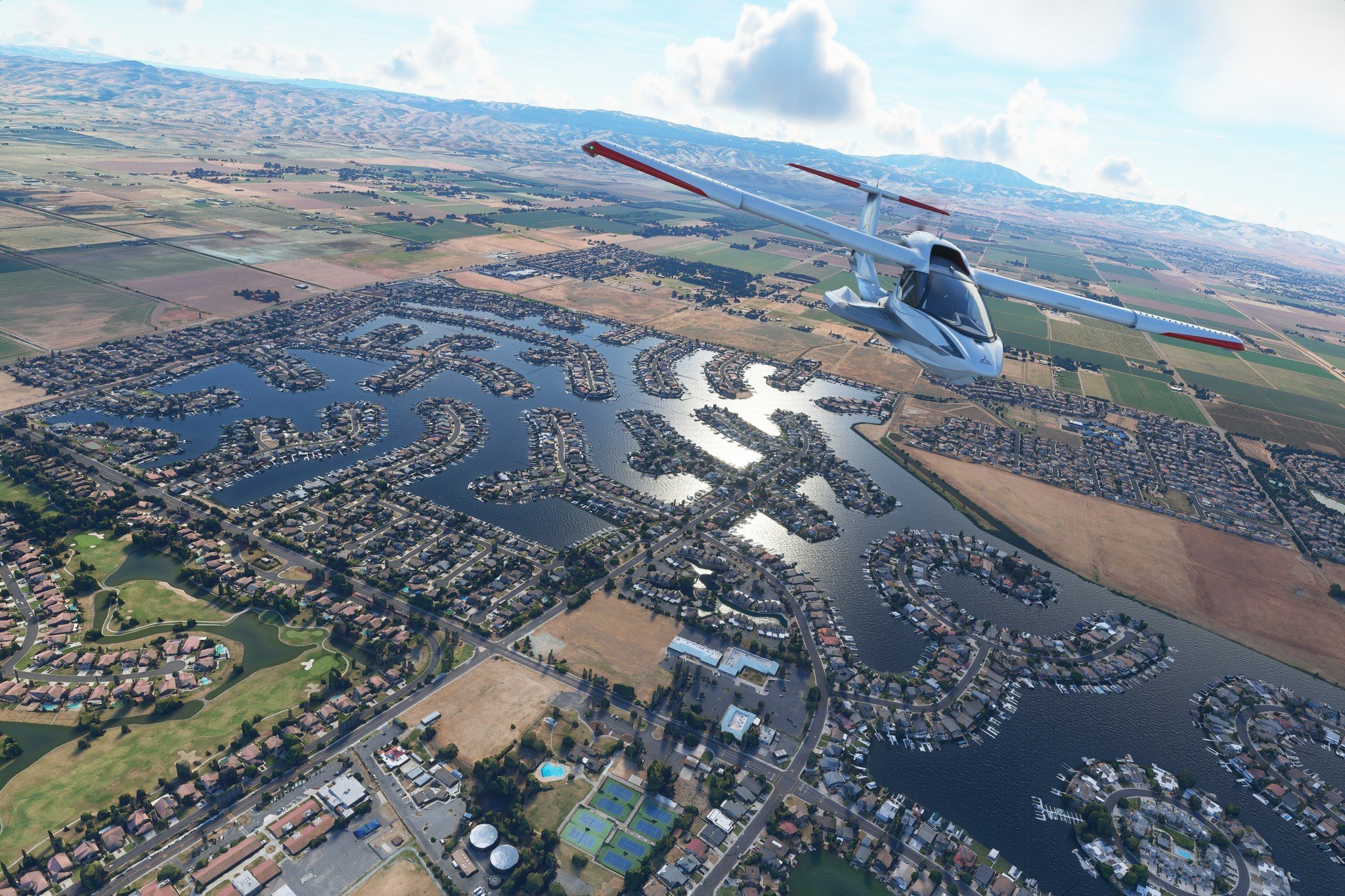
The current Xbox Game Studios output embraces games-as-a-service experiences, packing updates on the regular, and commonly supported by additional monetization. It's an increasingly alluring model for added longevity, which Neumann sees fit for Flight Simulator, but not in a traditional sense. Microsoft approaches the title as a platform, doubling down on Flight Simulator X successes.
"The roadmap, this whole thing about keeping updated, DLC – I don't want to make all that."
"It's just slightly different here. It's not a product, it's a platform. The closest equivalent I think in the company is Minecraft. Because Forza, for example, […] they've been updating the game ever since it launched, but they don't have a third-party ecosystem, and we do. The roadmap, this whole thing about keeping updated, DLC – I don't want to make all that. As a matter of fact, I shouldn't make all that. I should let them make all that. At least empower them to do it."
As for Microsoft's future Flight Simulator goals, Neumann commits to expanding the game's core feature set. Improving foundations for community creations, the team sees new tools better-suited to its platform-based approach. "I think we'll focus on features. I think we'll listen to what people want. Helicopters come up a lot, currently not in our launch plan, probably out of scope for launch, so it's postponed. When we make helicopter simulation work, meaning the actual blade rotation is correct and all that stuff, which is a lot of work, we'll probably make some helicopters with it, like we should. And then make that part of the SDK. I think that will be our roadmap. Really enabling new things. Not just pump out a plane."
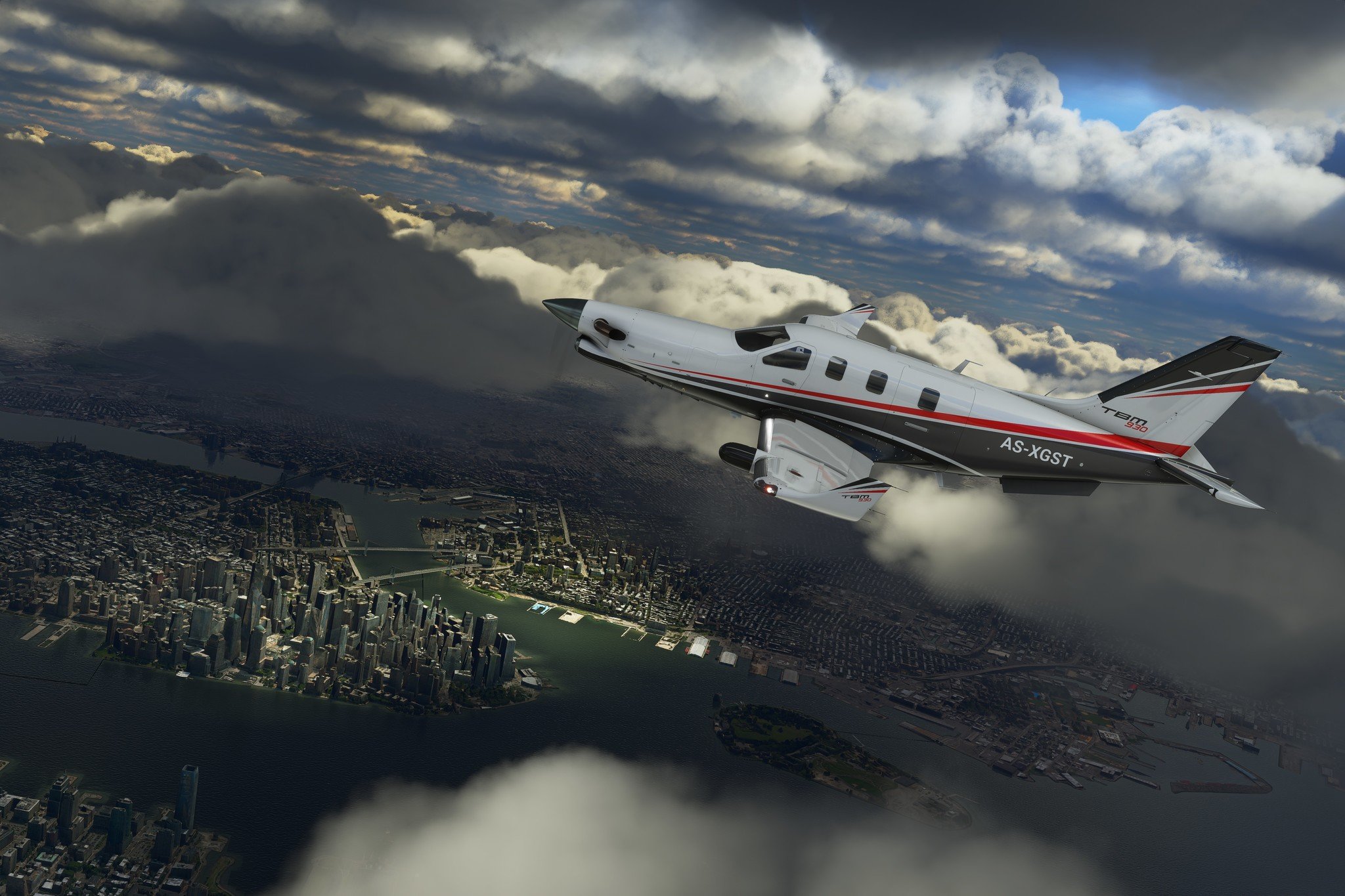
Neumann also touched on streamlining the modding experience via an in-game storefront. "I'm coming more from games. It's kind of weird. I need to go to a website and drag stuff into a folder, like odd. I'm not used to that anymore. Back in the PC days, sure." Pitching the marketplace to community creators to positive reception, it highlights a refinement of the PC experience, also accommodating Xbox One mods. "They know we're going to inevitably bring more attention to the genre. They know we're going to bring in a different type of customer with Game Pass. They know we're going to bring in a different kind of customer with Xbox. Those people are unlikely to find these websites. They're not hobbyists, so make it friction-free. If they want to put their planes, airports, or whatever into our store, great."
However, despite efforts to deliver a new store, Microsoft is still open to external mods. "I will absolutely not turn them off. They have their fans. It needs to be additive, otherwise, we're not good partners."
Microsoft realizes the value of mods to previous Flight Simulator entries, once again delivering a formal software development kit (SDK) to the public. The SDK has already seen a dedicated team assigned, with plans to launch before the street date. "[T]his is the first time the SDK doesn't come out with a product," said Neumann. "Because what typically happens is the product comes out, the SDK ships with the product, and they're behind the eight ball by a year. What we're trying to do now is give them the SDK now, tell us what's wrong with it. We'll fix it. And let them make their things, empower them to do what they've been doing." The result should be a healthier modding scene from early days, better supporting launch, while bringing added longevity beyond.
Prepare for take off
Microsoft Flight Simulator is headed to Windows 10 PCs in 2020, followed by a later console debut across the Xbox One family. Registration for its Technical Alpha tests has kicked off via the Flight Simulator Insider Program, expected for testing in the months ahead. The game also slated for an Xbox Game Pass debut, expanding Microsoft's in-house rotating library of downloadable titles.

Matt Brown was formerly a Windows Central's Senior Editor, Xbox & PC, at Future. Following over seven years of professional consumer technology and gaming coverage, he’s focused on the world of Microsoft's gaming efforts. You can follow him on Twitter @mattjbrown.

